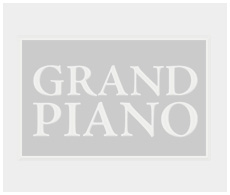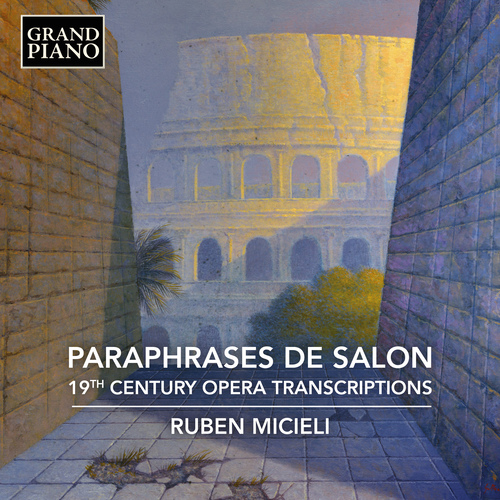
Stefano Golinelli (1818 - 1891)
Stefano Golinelli was born in Bologna on 26 October 1818. He studied piano and composition, and in 1840, urged by Rossini, began to teach the piano at the music high school of his native city, a post he kept for thirty years. In 1842, Ferdinand Hiller heard him play in Bologna and encouraged him to embark on a concert career.
Having launched into a concert career, Golinelli performed to great success in Italy and abroad (France, England and Germany). With Antonio Bazzini, he was one of the first Italian instrumental performers to be appreciated for his talent as a composer. Indeed, he was a rather prolific author: there are 234 numbers in his catalogue; to which one should add the works printed without opus number and those which remained unpublished. As a composer, Golinelli undoubtedly played an important role in the Italian musical renaissance, as Francesco Bussi recognised in an encyclopaedic entry dedicated to him: “Golinelli’s works reveal a cultural yearning unknown at the time, which urges the author to explore and incorporate, after a personal reconsideration and with intent to popularize, the new romanticism from beyond the Alps, using as stepping stone the formal principles of Beethoven’s classicism to reach, particularly in his sonatas and studies, Schumann-, Mendelssohn- and Chopin-like approaches.


 Grand Piano has gained a reputation for producing high quality recordings of rare keyboard gems. Dedicated to the exploration of undiscovered piano repertoire, the label specialises in complete cycles of piano works by many lesser-known composers, whose output might otherwise have remained unknown and unrecorded.
Grand Piano has gained a reputation for producing high quality recordings of rare keyboard gems. Dedicated to the exploration of undiscovered piano repertoire, the label specialises in complete cycles of piano works by many lesser-known composers, whose output might otherwise have remained unknown and unrecorded.






